|
We've just received an interesting bulletin from ACRA highlighting this :
"In Singapore, only persons registered as public accountants under the Accountants Act can provide public accountancy services, which refers to the audit and reporting on financial statements and the doing of other acts required by law to be done by a public accountant. This Audit Practice Bulletin highlights some of the situations where a person may inadvertently practise or hold himself out as a public accountant when he is not registered with ACRA as one, thereby contravening section 56(1) of the Accountants Act." Like the adage no smoke without fire, it seems that there must have been many cases of such contravention, prompting ACRA to issue this bulletin. And it's not hard to imagine why as there are only around 1,000 public accountants in Singapore. If you are looking for public accountancy services, look no further than us here at ECHTUAL. We not only keep things real, we are also the real deal. Looks like we got to wait a while longer before we can really get cheaper stuff from Amazon directly. You can almost hear the collective sigh of relief from our local retailers. One wonders if Lazada/Taobao/Alibaba can take advantage of this.
Want to know what key government funding schemes are available for fintech startups in Singapore?
Find out more about it here. Who says accountants are boring? Check out Yip Yew Chong's work :
www.facebook.com/ourgrandfatherstory/videos/958707607562074/ ACRA recently announced key legislative changes to the Companies Act.
The key legislative changes from the approved Bills will be implemented from the following dates: Key legislative amendments to take effect from 31 Mar 2017 (i) Remove the requirement for a common seal Remove the legal requirement for companies and limited liability partnerships (LLPs) to use common seals. (ii) Improving the transparency of Companies and LLPs
Click here for more information on Register of Registrable Controllers, help resources and related FAQs. Key legislative amendment to take effect within first half of 2017 Introduction of an inward re-domiciliation regime in Singapore This is to allow foreign corporate entities to transfer their registration to Singapore instead of setting up subsidiaries. Click here for more information and related FAQs on this amendment. Key legislative amendments targeted for implementation in Early 2018 Amendments to annual general meetings (AGMs) and annual returns
Click here for more information and related FAQs on this amendment. For more details about the changes, please go here. For the longest time, the professional designation for accountants in Singapore had been CPA, or Certified Public Accountant.
In 2013, this designation was replaced with CA, or Chartered Accountant, and at the same time, the pathway to obtaining this title was also changed. Though this change was four years ago, we still find many people in Singapore that is outside the industry to be unaware of the change. Many are surprised that we no longer have CPAs in Singapore, just CAs. Although the official reason for this change was to re-brand the profession, I believe another reason for the change was to clear the confusion between CPA and PA (Public Accountant). Before PA was created, the audit reports are signed off with just the "Certified Public Accountant" designation. However, after PA was created, the audit reports have to be signed off as "Public Accountants and Certified Public Accountants". One can imagine the confusion as to why it wasn't the other way round, i.e. "Certified Public Accountants and Public Accountants". After all, logically, shouldn't a "certified" person bear more significance than a non certified one? The problem was in actual fact, the Public Accountant, or PA, is more "certified" than the CPA. This designation was created and granted by ACRA to distinguish practicing CPAs from the non practicing ones. But for some strange reason, they felt dropping the "Certified" from CPA would be a good way to distinguish the practicing ones from the non practicing ones. Hence it was not possible for the audit report to be signed off with "Certified Public Accountants and Public Accountants". But with the new CA designation, this conundrum is removed as the audit report is now signed off as "Public Accountants and Chartered Accountants Singapore". While the audit report sign off now reads more logically, the fact that many people can't tell CPAs apart from PAs and CAs can only mean one thing : Most people don't read the audit report. Always wondered why you have to pay for an audit when its your bankers or suppliers that requires it?
You are not alone and why has the arrangement that the firm pays its auditor survived so many rounds of audit reforms is something this article by Tan Boon Seng seeks to explain and explore. In summary, the article uses the setting of a used car industry and asks the question if the buyer, seller or government should be paying a trusted and competent mechanic to certify the condition of the car being sold. Buyers would seem to be the obvious choice. However, potential buyers need the certification before deciding to be buyers. But once the certification is produced after payment by the first potential buyer who decides not to buy, the value of the information remains undiminished for subsequent potential buyers. This situation is thus a free-rider problem where nobody is willing to pay first. If the seller pays, the issue is that the mechanic could become beholden to the sellers, making their certifications not very credible to buyers. If the government pays, this arrangement removes the free-rider and credibility problems. However, the government collects its revenue from tax payers who include non-participants of the used car market. Hence, this arrangement may not be equitable or politically feasible. With no clear optimal solution, the audit market chooses the “seller pays” approach, historically and currently. The credibility issue is then dealt with by putting safeguards to ensure the independence of audit to the users of audited financial statements. And this is the reason why to this day, you, the "seller" still pays for the audit. This does feel like you are getting the short end of the stick but here at ECHTUAL, we just might have a solution to help alleviate the pain. To find out more, ask us about our review of financial statements services today! |
CuratorEchtual Archives
May 2024
Categories |
实际会计师事务所有限公司
Copyright © 2016 // ECHTUAL®
5 Temasek Boulevard #17-131 Suntec Tower 5 Singapore 038985
t: +65 6513 5871
t: +65 6513 5871

 RSS Feed
RSS Feed



